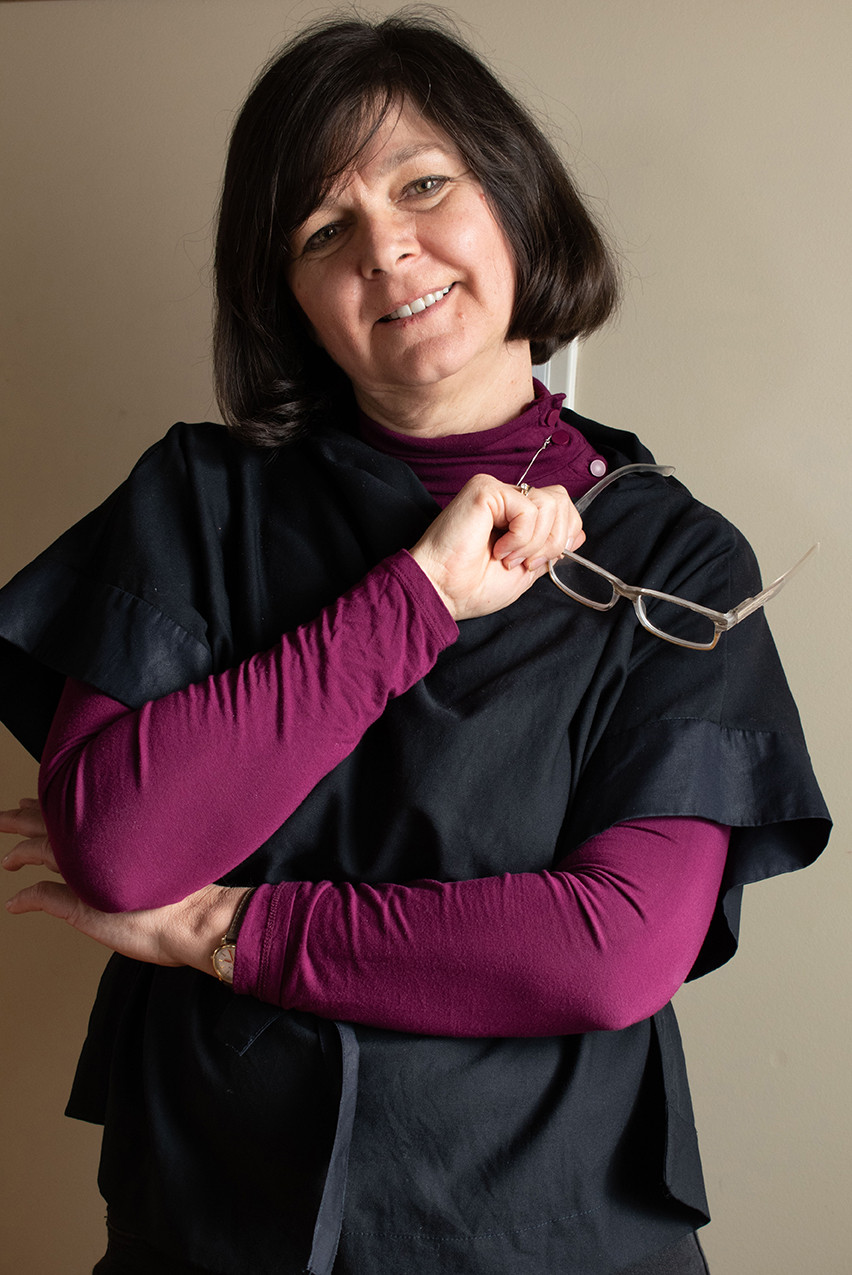Bored of pots and pans
PROFile: Mirjana Roksandic, professor, anthropology department, U of W

Before professor Mirjana Roksandic began teaching for the University of Winnipeg’s (U of W) anthropology department, she first studied archaeology in Serbia, her country of origin. Funnily, she was drawn to the area of study for its relative irrelevance.
“I wanted to go into something that I thought was useless,” she says. “I didn’t want to do something important, like medicine or psychology. I didn’t want to ruin people’s lives.”
After getting tired of digging for pots and pans, Roksandic craved an area of study that incorporated more science. As a result, she quit archaeology and went into biological anthropology.
“My fascination was with Neanderthals,” she says. “That was my big love.”
Her studies took her from Serbia to France, where she got into a graduate program. Unfortunately, the Yugoslav Wars prompted her and her family to relocate altogether.
“When my country fell apart and the war started, we decided to move to Canada,” she says. “Then I finished my PhD at Simon Fraser (University) in Vancouver.”
After a bit more time studying both abroad and in Canada, Roksandic landed her permanent position at the U of W. She thrives on the challenge of teaching her area of study.
After all, in addition to the scientific component of biological anthropology, there’s a social aspect to consider in terms of identity and gender.
“It’s constant learning,” she says. “I constantly feel like, ‘oh, crap, I should know something.’”
But Roksandic loves to learn as well as teach and enjoys any opportunity to do both.
—
What is something you’ve learned from your students?
“My students are bright,” she says. “They also learn lots of stuff on YouTube, and then they teach those things (like) computer programs, what platform to use, this and that. They’re much better than I am in that, so I learn a lot from them, constantly.”
If you could have any superpower, what would it be?
“Flying would be the nice one.”
Why are you most interested in studying Neanderthals?
“They’re a very European phenomenon, and they’re very much something that we are not, and yet they’re what we are.”
Published in Volume 75, Number 23 of The Uniter (March 25, 2021)







